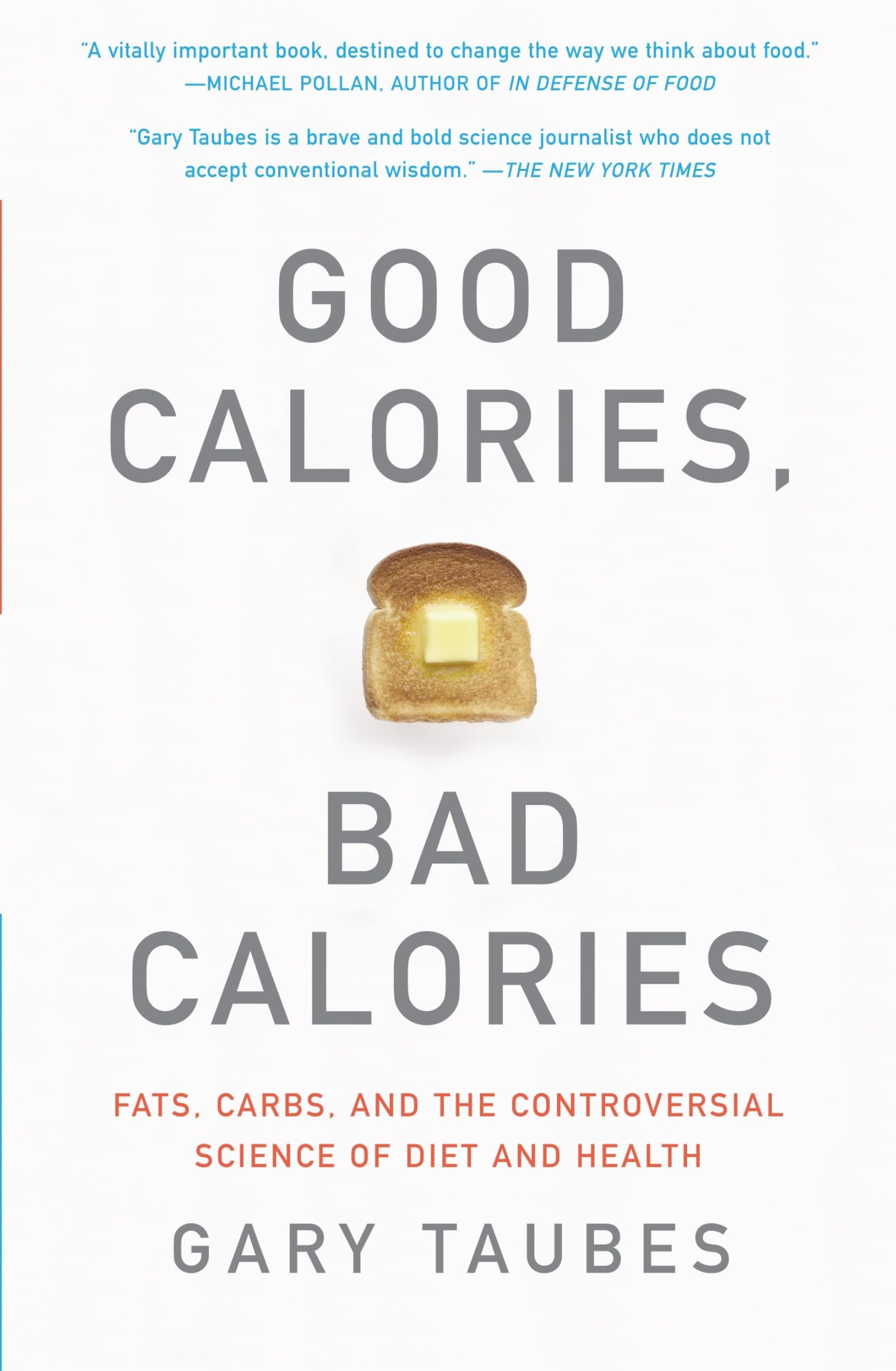http://www.amazon.com/Good-Calories-Bad-Controversial-Scienc...
Weight loss is not this simple - this kind of article enrages me. Everyone wants it to be an easy equation. Low carbohydrate/high fat diets are wildly successful despite not having to monitor calories. All calories are not created equal and simply eating less does not lead to long term weight loss, it leads to hunger.
I know many have talked about this idea on HN before, but in case you missed it, an excellent, eye-opening read is Gary Taubes' book, Good Calories Bad Calories - http://www.amazon.com/Good-Calories-Bad-Controversial-Scienc...
The book is a meta study of the research done on the so-called metabolic disorders (obesity, diabetes, heart disease). The research doesn't talk about evolution and cavemen, but rather health markers, hormones, and metabolic processes.
I've been eating a less -ahem- tribal version of this for 4 months, and the results have been pretty remarkable (if entirely anecdotal).
I have lost a large amount of weight, my skin and hair are much improved, my digestive functions have normalized after a lifetime of trouble, and I'm no longer tired all the time.
I haven't been sick since I started, but 4 months isn't exactly long enough to suggest anything in that respect.
What I do differently from the tribal version in the article is 1) I don't exercise (yeah, I know, evil, but I just don't feel like it yet) 2) I eat tomatoes and cheese and cream 3) I don't fast; I eat whenever I'm hungry. Interestingly, I'm only hungry about twice a day now, rather than 5 or 6 times a day which was the norm for me before I started this experiment 4) I'm super relaxed (pragmatic?) about the whole thing. I haven't seen the light or anything like that, I've simply had some really good results with very little effort.
There is a blog at http://www.marksdailyapple.com which has plenty of interesting articles, as well, but the Gary Taubes book is the closest thing I've found to proven health benefits.


Good Calories, Bad Calories: Fats, Carbs, and the Controversial Science of Diet and Health - Gary Taubes http://www.amazon.com/Good-Calories-Bad-Controversial-Scienc...
The Paleo Solution: The Original Human Diet - Robb Wolf http://www.amazon.com/Paleo-Solution-Original-Human-Diet/dp/...
Wheat Belly: Lose the Wheat, Lose the Weight, and Find Your Path Back to Health - William Davis http://www.amazon.com/Wheat-Belly-Lose-Weight-Health/dp/1609...
The Great Cholesterol Con - Anthony Colpo http://www.amazon.com/Great-Cholesterol-Anthony-Colpo/dp/143...
Fat and Cholesterol are Good for You - Uffe Ravnskov http://www.amazon.com/Fat-Cholesterol-are-Good-You/dp/919755...